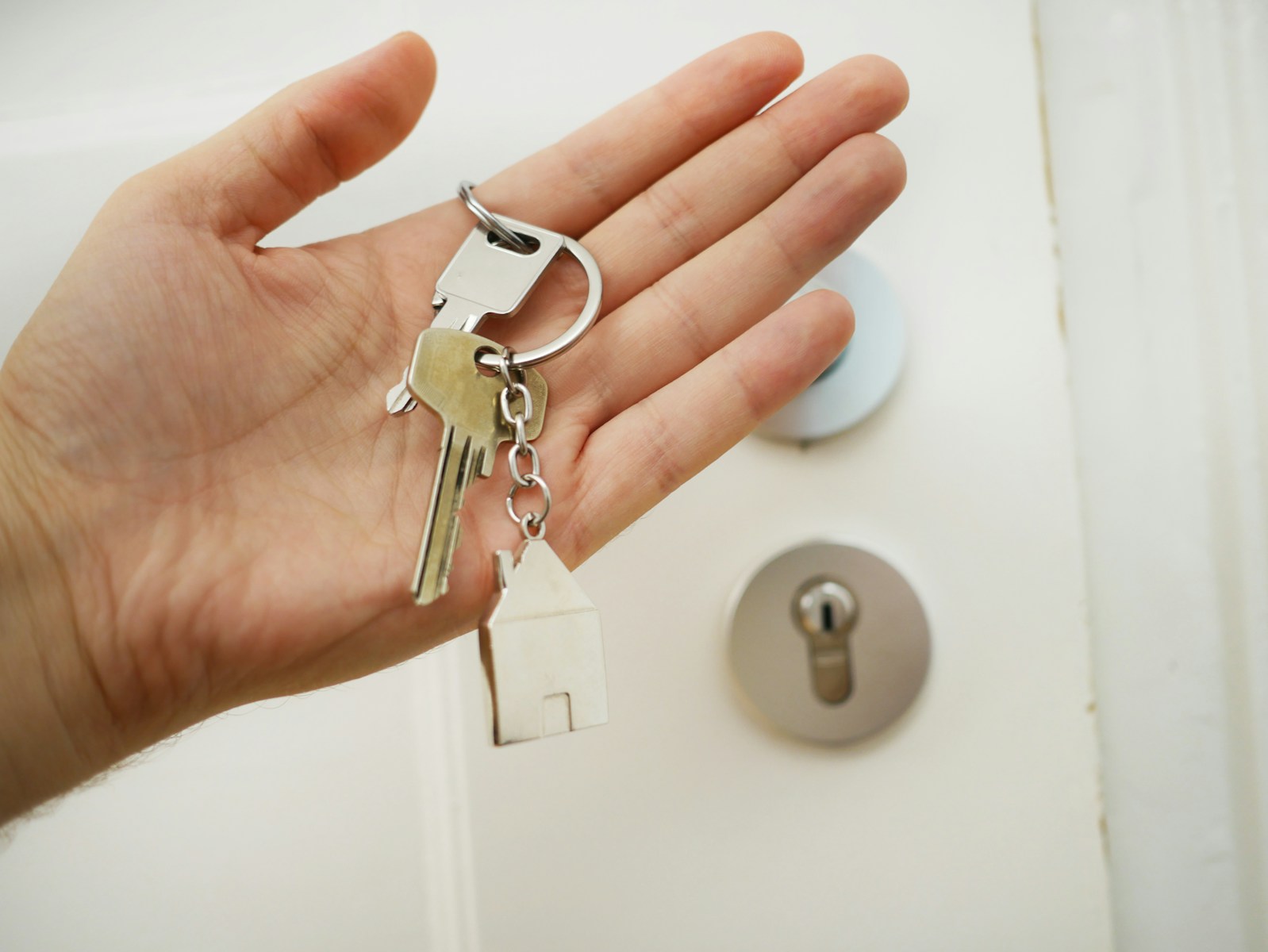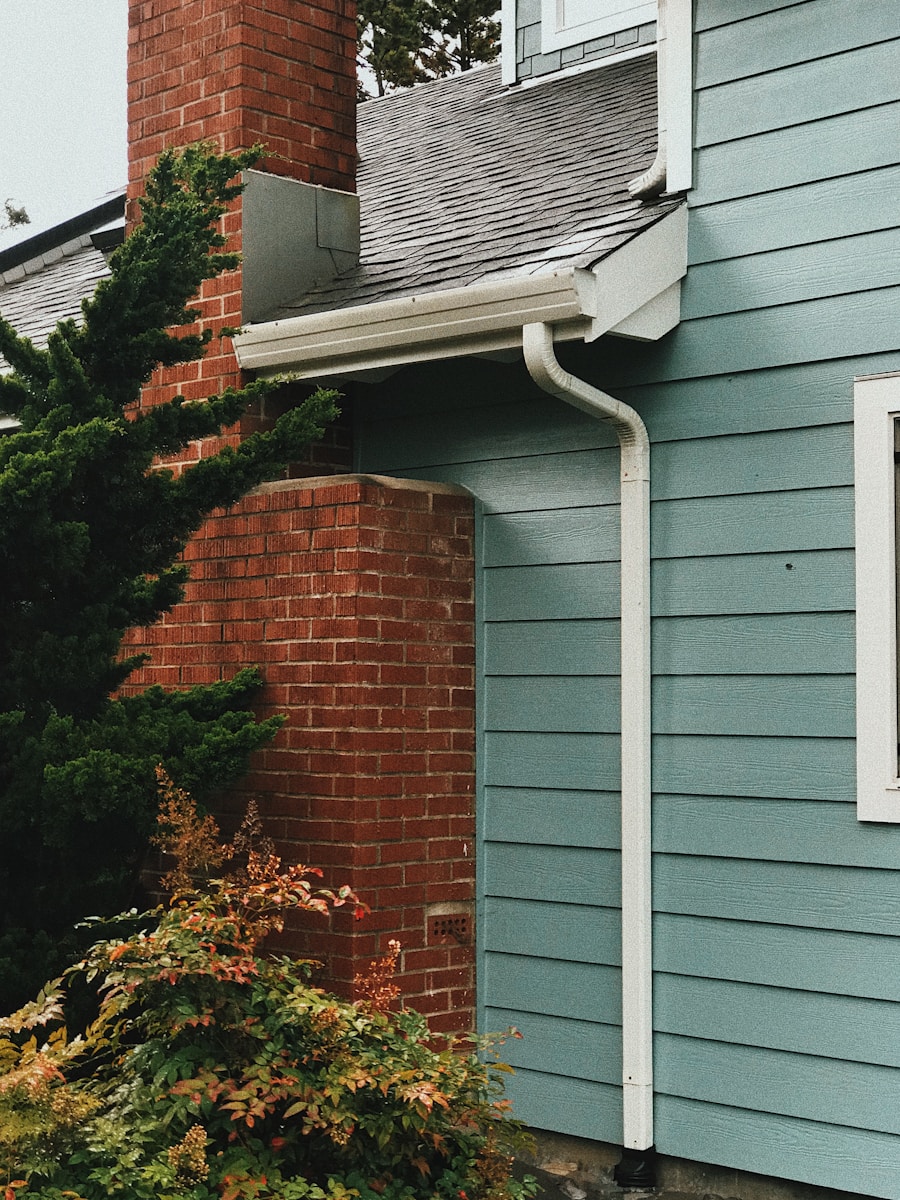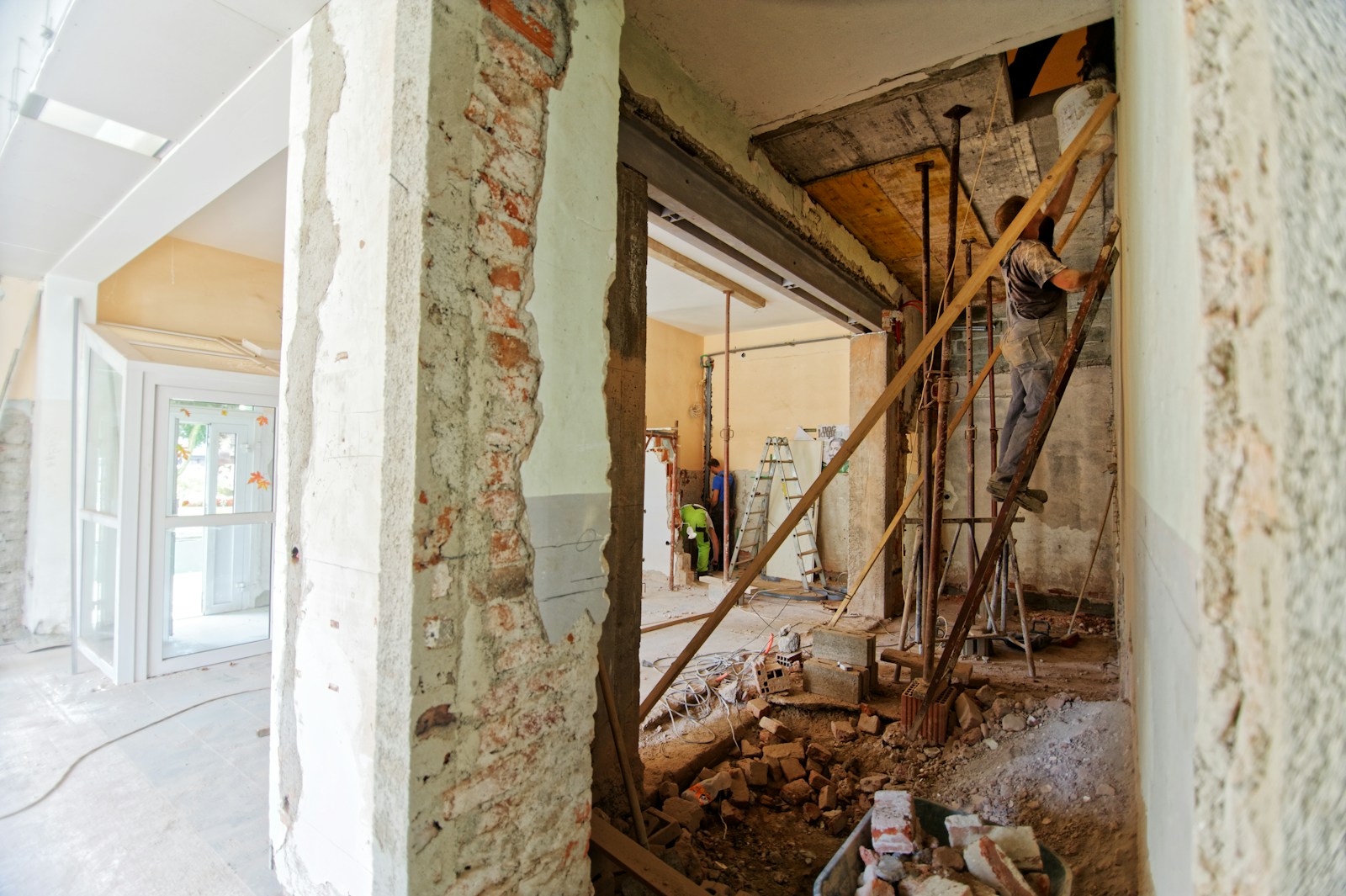If you’ve ever gone through the apartment renting process, you must already know just how demanding it can be for tenants. But if you have little to no first-hand experience of renting your own apartment, you have a world of challenges ahead of you.
But before you start worrying too much: It’s not entirely difficult to secure your first apartment. With a little knowledge and some advice, you can hop your way through the hurdles that it brings to the table. To help you navigate this maze, here’s an overview of mastering the rental process.
Set your budget
From tips for renting a furnished apartment to suggestions for getting a beachfront condo, every advice article tells you the importance of setting a budget for your rental hunt. It’s because when you calculate how much you can spend on monthly rent and how much you can afford in terms of a one-time security deposit, you know what type of listings you should look for. You can then build your rental search on top of this goal.
Check your credit
The next step in the renting process is all about checking your financial strength on paper. This calls for you to maintain a high credit score that presents you as a strong applicant when your landlord performs a tenant credit check on you. If your credit score is not impressive, you might need to perform activities like paying off your credit card balance and making regular loan payments before applying for your dream apartment.
Look for listings
Whether you want to use a classifieds app or a rental listing platform, your apartment-hunting adventure may lead you to quite a few interesting ads. This is where you need to keep a good head on your shoulders and weed out any offerings that seem too good to be true. Once you have shortlisted a few listings in your notes app or paper journal, you can move on to the next step of your rental hunting process.
Schedule showings
After shortlisting properties, you should start scheduling showings for them. You can go the traditional route and see apartments in person or take the digital road to look at them through a virtual tour. Whichever option you choose, this step helps you get a feel for what could be your next home. Many landlords want to reap the benefits of hiring a property solicitor, so you might have to talk to them during this stage of the process.
Fill out the application form
If you happen to like a listing, don’t hesitate to fill out an application right away. In case you need some information on what you might need, this process requires details like your social security number and employment information. With that, you also need to pay an application fee that might not be refundable. Before filling out multiple applications, check your budgeting journal to ensure you can afford them.
Discuss and establish your terms
If your application is accepted, it’s time to discuss your terms with the landlord. This includes your rights to privacy and the landlord’s access to the property, among many other things, like who fixes what in the rental property. This is where you need to put everything in writing. When you have these terms set in stone in a lease agreement, you can legally protect your rights and terms.
Get renter’s insurance
If you haven’t bought renters insurance before, here’s a 101: It is a set of insurance policies that can cover the loss of your personal property, damage to the rental property, and hotel bills for replacement accommodations if your rental is unlivable due to damages. You can find many providers in your area who offer renters insurance, which makes it important for you to shop around for the best rates before settling on one.
These tips lay out an easy path toward getting the keys to your next home. By remembering them as a guide, you can speed through the otherwise tough process of securing a rental.







